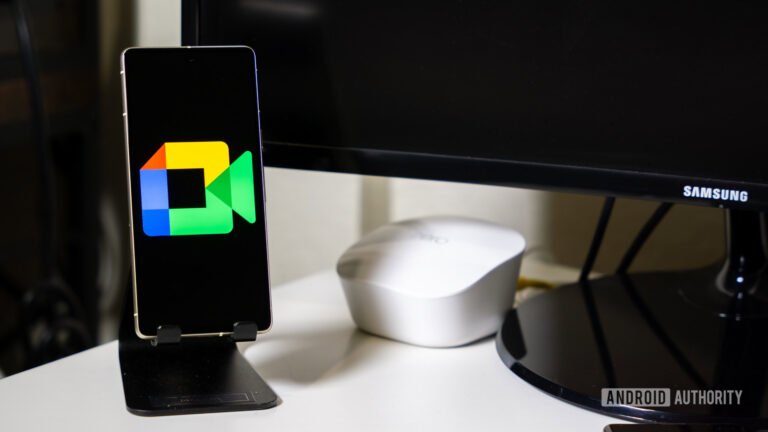

Online safety for children is a complicated problem that lawmakers across the country are struggling to solve. Many states have tried and failed to create rules that satisfy both privacy advocates and the tech industry. Now, California has stepped in with a new approach that is quickly emerging as the national model for online age verification.
Governor Gavin Newsom recently signed the Digital Age Assurance Act (AB 1043) into law. This created a mandate for operating systems and app stores. The rule requires platforms—like those run by Apple or Google—to collect a user’s age or date of birth when setting up a new device. Then, they have to group them into one of four age brackets (under 13, 13–16, 16–18, or adult).
Privacy win: California passes age verification without mandatory photo ID
What makes California’s law unique is how it achieves age assurance without overly compromising user privacy. The move even secured rare support from major rivals like Google, Meta, Snap, and OpenAI.
Unlike laws passed in states like Utah and Texas, the California measure deliberately avoids two controversial requirements. First, it does not force users to upload sensitive documents, such as photo IDs, which caused significant public outcry when the UK implemented similar rules. Second, it does not require parental consent for children to download apps, preventing a technical lockout that critics argue limits a child’s independence and access to educational tools.
Tech companies argue that this balanced approach offers a reasonable age verification framework they can implement without massive overhauls, allowing them to shift responsibility for age data away from individual app developers and onto the core device or operating system.
Awaiting the 2027 deadline
The rules give the industry plenty of runway: compliance with AB 1043 officially begins on January 1, 2027. For existing devices, OS providers have until July 1, 2027, to implement a way for users to input their age. Companies that negligently violate the law face potential fines of up to $2,500 per child affected. Intentional violations can climb to $7,500 per child.
While the bill earned broad tech support, it faced minor opposition from the Motion Picture Association (MPA). MPA worried the device-based age check might confuse streaming accounts where parents and children share profiles.
The age-checking mandate is only part of a larger legislative sweep. Newsom also signed bills that require social media platforms to display warning labels about risks (AB 56). Also to force AI chatbot services to implement guardrails against self-harm content, directing vulnerable users toward crisis services.
The post California’s New Online Age Verification Doesn’t’ Require Photo ID appeared first on Android Headlines.


